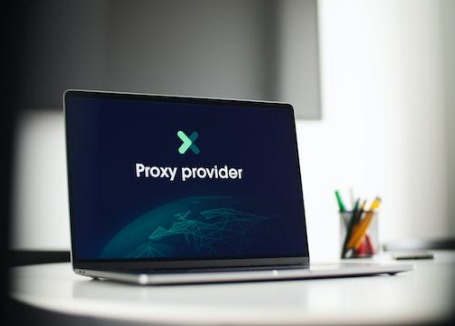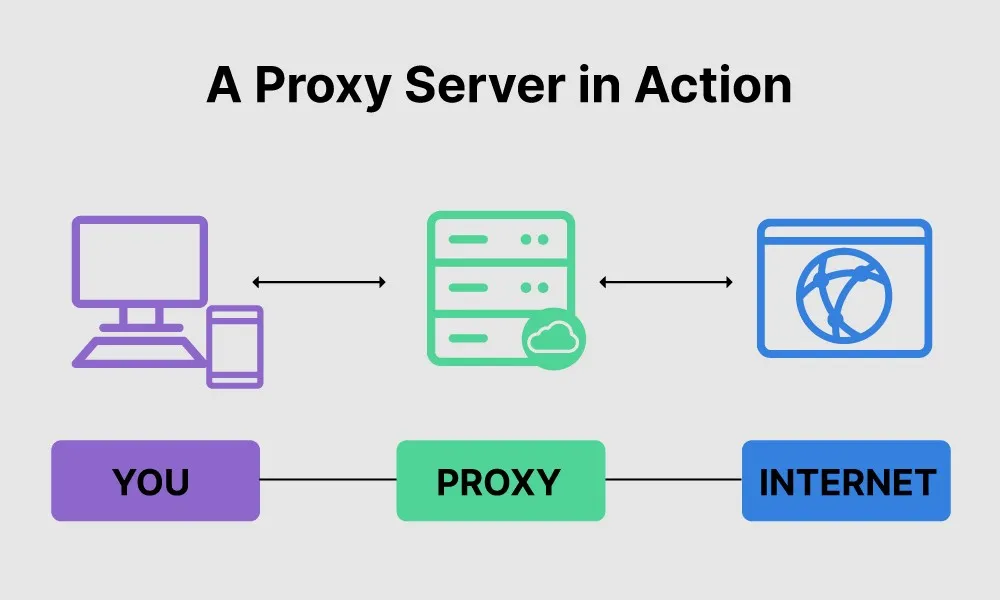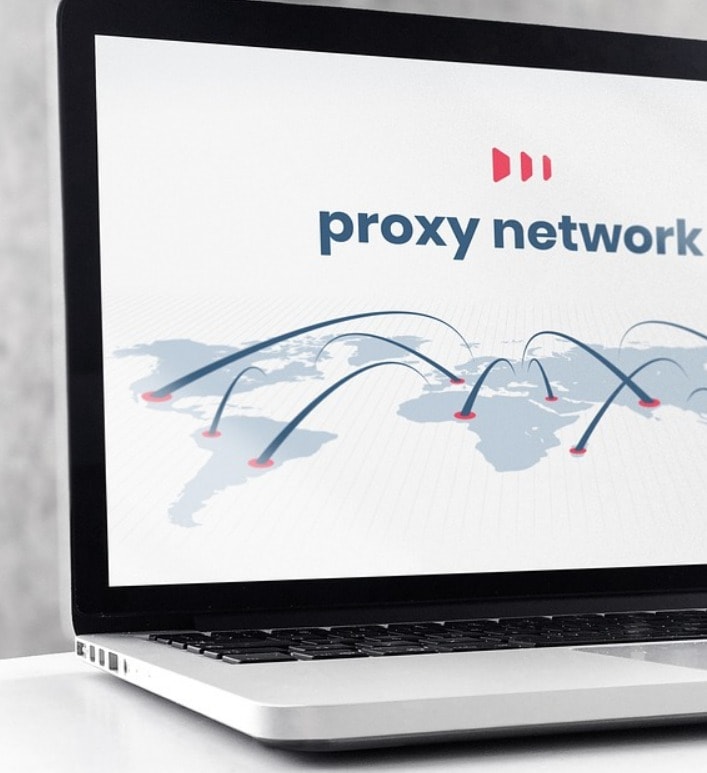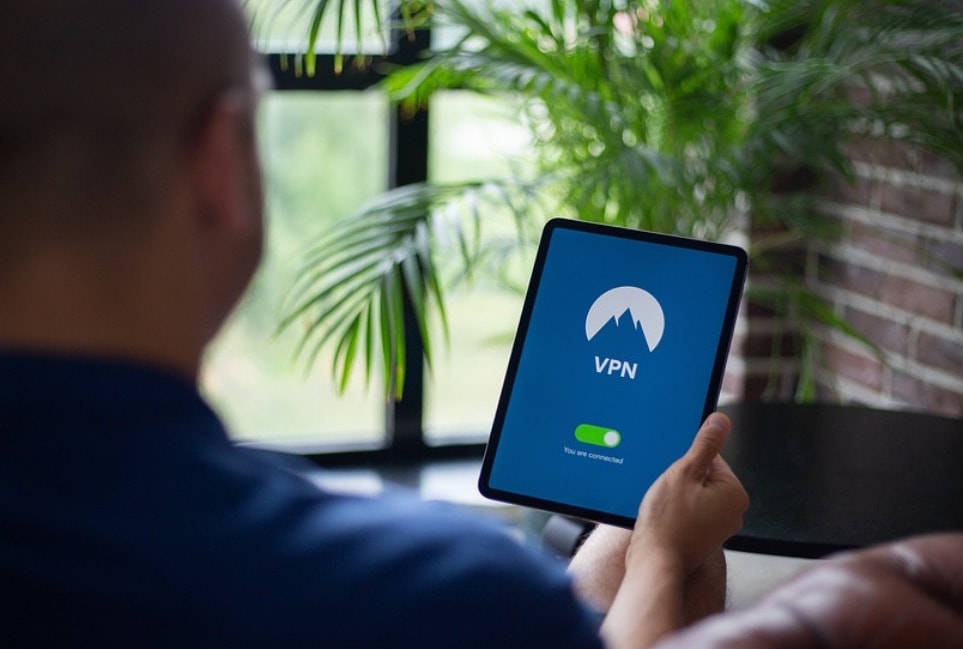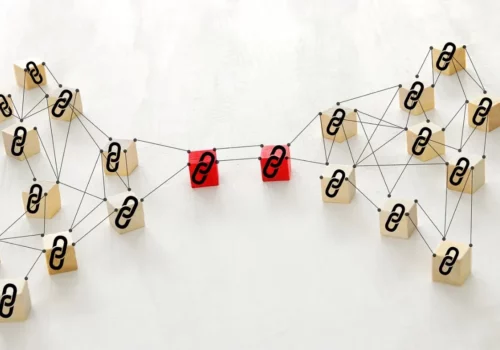Proxy servers may affect security in ways that weren’t intended.
They can conceal the genuine source of a request, which also allows them to conceal the actual participants in a conversation, trade, or transaction.
Every PC needs a distinct Internet Protocol (IP) address, which acts as its official identification.
The masking of parties can lead to the parties being spoofed or being attacked by a man-in-the-middle (MITM) if the identity of the parties is unknown.
Why use a proxy in network security?
The following query you might have is, “What does a proxy in network security mean?” By adding an additional layer of challenges, a proxy makes your network a more challenging and unattractive target for hackers.
Why does that important, though?
The issue is that network security is becoming more difficult daily. The FBI received about 800,000 reports of digital crime in the U.S. alone in 2020, including ransomware attacks and identity theft.
This represents an increase of 60% from 2019 and it seems that this pattern will continue.
Around $4.2 billion in losses were caused by these attacks across the country. Security personnel must put in a lot of effort to prevent their company from becoming the next victim of these attacks.
So let’s first go through the fundamentals of proxy servers in order to better grasp the role of proxies in network security.
What is a Proxy server?
Between a user and the server hosting a website or another service, a proxy or proxy server acts as an intermediary server. It might be hardware or software. Among the many uses for proxies are efficiency, privacy, and security.
A proxy allows web traffic to pass through it en route to its final destination. Queries are initially directed to the proxy server, which handles the request as well as extra functions including content screening, virus scanning, masking, message encryption, and more.
How does a Proxy Work?
A proxy server serves as a middleman between a computer and the internet because it has its own IP address. Your computer is aware of this address, and when you send an online request, it is forwarded to the proxy.
The proxy then receives the web server’s answer and passes the page’s contents to your computer’s browser, such as Chrome, Safari, Firefox, or Microsoft Edge.
Proxies are frequently used for system optimization, such as load balancing and caching comparable requests for faster response times, as well as information security against threats. They can handle authentication requests and act as a firewall.
A proxy would, at the very least, protect the internal network of an organization from recognized dangers on the public internet.
You may also read
How does the Server Set Up Works?
You must configure a proxy server on your computer, device, or network before you can use it. Check the setup requirements for your computer or network because every operating system has its own setup procedures.
Nevertheless, setup typically refers to executing an automatic configuration process. There will be alternatives to manually enter the IP address and the proper port if you choose to do it that way.
Proxy Servers and Network Security
A useful layer of security is added to your computer through proxies. Your computer can be protected from online dangers like malware by setting them up as web filters or firewalls.
With a secure web gateway or other email security tools, this added security is also beneficial. By doing so, you can categorize traffic based on its safety level or the volume of traffic that your network—or individual computers—can handle.
Some people use proxies for private objectives, including disguising their location while accessing internet movies.
Nonetheless, they might be employed by a business to carry out a number of significant responsibilities, including
- Enhance security
- By installing a firewall, you may shield your employees’ online activity from prying eyes.
- Balance internet traffic to prevent crashes
- The websites that office staff and employees can access should be limited.
- You can save bandwidth by compressing incoming data or caching files.
How Does the Proxy Protect Computer Privacy and Data?
Both a firewall and filter are functions of a proxy server. The end-user or a network administrator can choose a proxy tailored to protect data and privacy. This inspects the information entering and leaving your computer or network.
Then, laws are put into place to stop you from having to reveal your digital address to the public.
Only the proxy’s IP address is visible to hackers and other bad guys. Internet users cannot access your personal information, appointments, schedules, apps, or files without your IP address.
With it in place, online requests are routed through the proxy, which then contacts the internet to obtain the requested content. Passwords and other sensitive data are further protected if the server has encryption capabilities.
Halt cyber attacks
If your system is attacked despite your other security precautions, a network proxy can also help stop these attacks in their tracks.
For instance, a distributed denial of service (DDoS) assault is a frequent danger. In these assaults, a person tries to overwhelm your network with traffic in order to bring down your servers and perhaps uncover a weakness they can exploit.
Network proxies, however, can stop this. By sending traffic via the proxy, the attacker avoids directly overloading your network. The proxy will prevent traffic from reaching your network even if it crashes.
Your real servers will continue to be secure. It only takes switching out the proxies you’re using to get everything up and running again.
The proxy server can similarly scan incoming traffic, including emails, for malicious links. The proxy can flag or completely block incoming links and applications that it finds suspicious.
This can aid in defending your network against phishing and other assaults that blur the lines between hacking and social engineering.
Benefits of a Proxy Server
Proxies come with several benefits that can give your business an advantage:
Enhanced security
Between your computers and the internet, it can function as a firewall. Without them, hackers can easily access your IP address and use it to compromise your network or machine.
Private browsing, watching, listening, and shopping
To help you avoid being bombarded with intrusive adverts or the collecting of IP-specific data, use a variety of proxies. Site browsing is secure and untraceable while using a proxy.
Access to location-specific content
You can choose a proxy server with a local IP address from another nation.
You may, in essence, make it appear as though you are in that nation, giving you full access to any and all of the information that computers in that nation are permitted to interact with.
By using the local IP addresses of the location you wish to pretend to be in, for instance, the technique can enable you to access location-restricted websites.
Prevent employees from browsing inappropriate or distracting sites
It can be used to restrict access to websites that violate the values of your company.
Also, you can restrict websites that frequently cause workers to get sidetracked from crucial duties.
To eliminate temptations to waste time, several firms restrict social media sites like Facebook and others.
Quick links
- Top 5 Best Cheap USA VPN Services
- PureVPN Pricing: PureVPN Pros & Cons
- iProxy.online Review
- Best Definitive Guide To Setup Private Proxy Server Easily
Proxy Server vs VPN: Which is better?
Since both proxy servers and virtual private networks (VPNs) route requests and responses through an outside server, they may initially appear to be equivalent. Both also enable you to visit websites that your actual location might otherwise prevent.
Yet, since VPNs encrypt all traffic, they offer improved security against hackers.
A VPN would be a better option if you must frequently access the internet to send and receive data that should be encrypted or if your business must divulge material you need to keep secret from hackers and corporate spies.
A proxy server might be sufficient if a company only needs to permit anonymous web browsing for its consumers.
This is a better option if all you’re interested in finding out is which websites your team members are visiting or if you want to make sure they have access to websites that only allow people from your nation.
Due to the fact that users frequently require secure data transmission in both directions, a VPN is more suited for commercial use.
In the wrong hands, company information, and employee data can be quite valuable, and a VPN offers the encryption you need to keep it secure.
A proxy server might be a suitable option for private use where a security breach would only harm you and no other users.
You can also combine the two technologies, especially if you want to restrict which websites people on your network can access while still encrypting their conversations.
Quick Links

